By dint of insistence, some even become true experts, and although very easy to access, this game does not lack depth or interest in length for those who know the real mysteries.
History of Blackjack
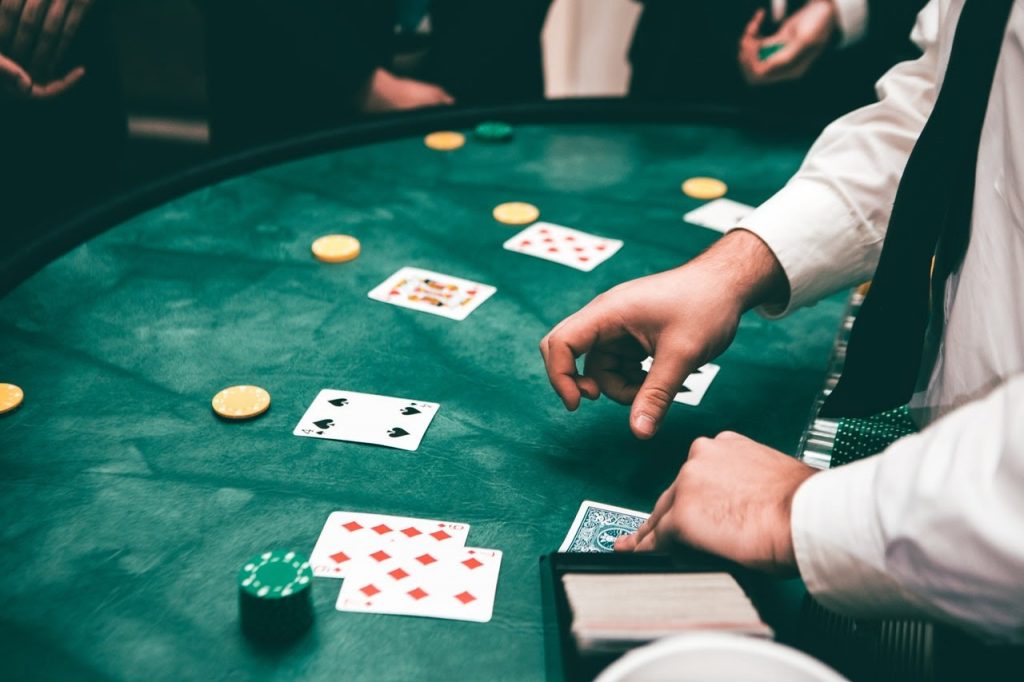
Whether in online or land-based casinos, a significant number of players are now focusing on blackjack. It is a game similar to Baccarat and in both cases cards are used to play it. Nevertheless, it is different, especially if we take into account the specific origins of blackjack.
Thus, this card game first appeared, for the very first time, at the end of the 18th century in Parisian casinos. Played on the table, it is a means of entertainment that brings together a bit of Baccarat and French farmhouse. In view of its interest, casinos in the United States and Europe were quick to choose to follow in the footsteps of Parisian gaming centers. As a result, blackjack could now be played not only in Paris, but also in several other countries.
As an integral part of the gambling and casino world, it was quite normal, with the arrival of the Internet and the first virtual casinos, that the latter sought to offer the possibility of playing online. Thus, almost two centuries after its invention, blackjack is found in many forms and through many publishers’ titles in online casinos.
Principle and rules of the game of blackjack
If you’ve already played Baccarat once, then you can easily get away with blackjack. For starters, blackjack requires a minimum of two players, which are :
- The dealer;
- The player (himself).
The principle is simple.
- You have to beat the dealer, while making your bets and betting on your luck as well.
- During the course of the game, 21 is the maximum value that cannot be exceeded.
- Each card has a face value that is necessary for the game.
- Cards numbered 2 to 10 keep their value (3=3 and 7=7).
- However, all other face cards (jack, king and queen) are given 10 points.
- The face value of the Ace depends on the will of the player, and can be 1 or 11.
How do I play Blackjack?
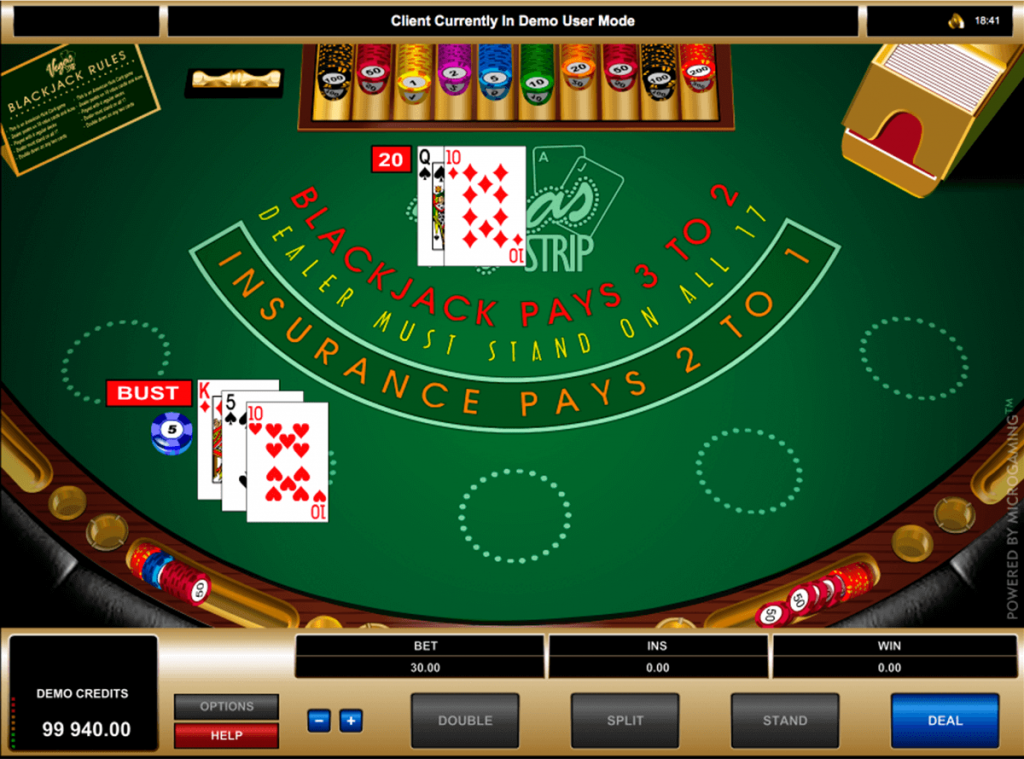
To play blackjack, the dealer deals two face-up cards to the players. Then, he also deals himself one face-up card. The player’s first reflex to have is to check if he does not have a blackjack (21 points). If this is the case, then no player will have blackjack. As long as a participant has blackjack, then he will win 1.5 times his first bet.
If no one has blackjack, the game continues. The game will then consist of each player in attendance getting as close as possible to 21 without exceeding it. Whoever exceeds it first loses. If the player feels close enough to the amount, but still has an amount closer to 21 than his opponents, he may decide to stop.

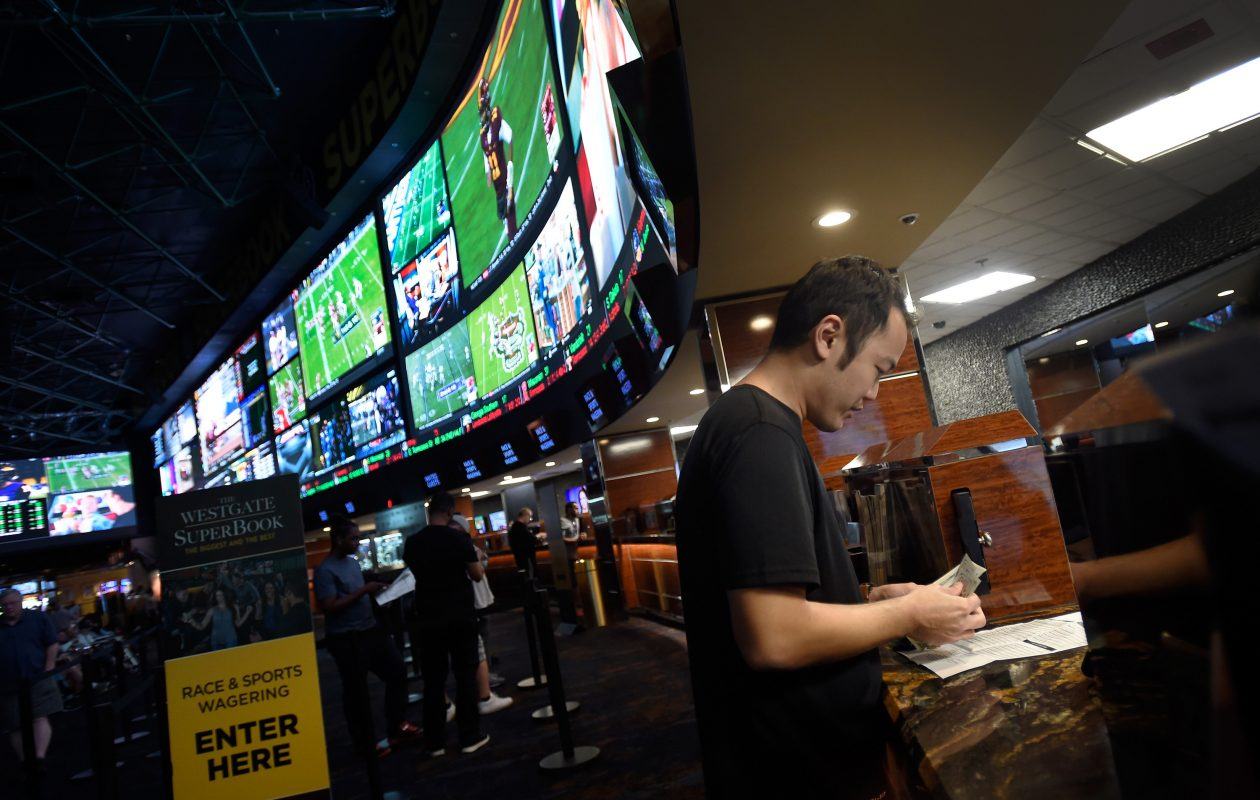
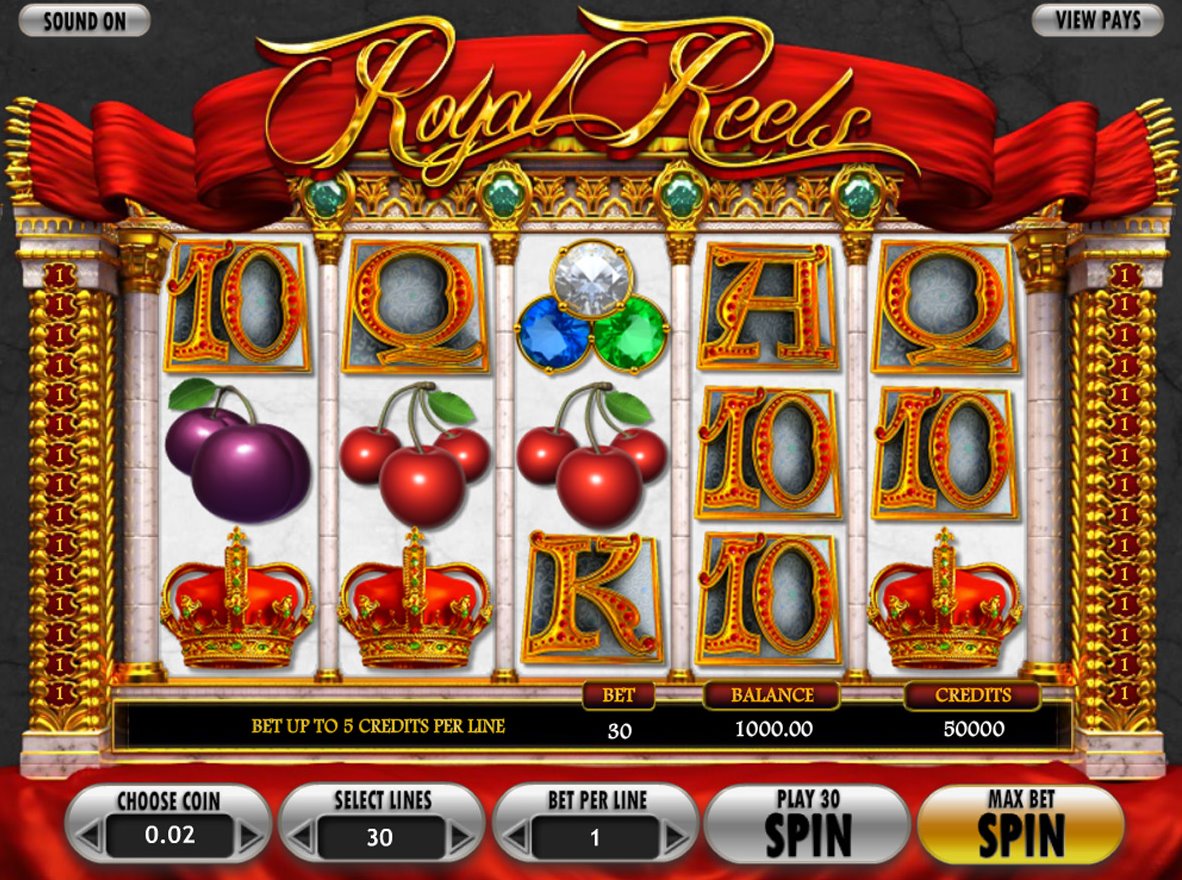
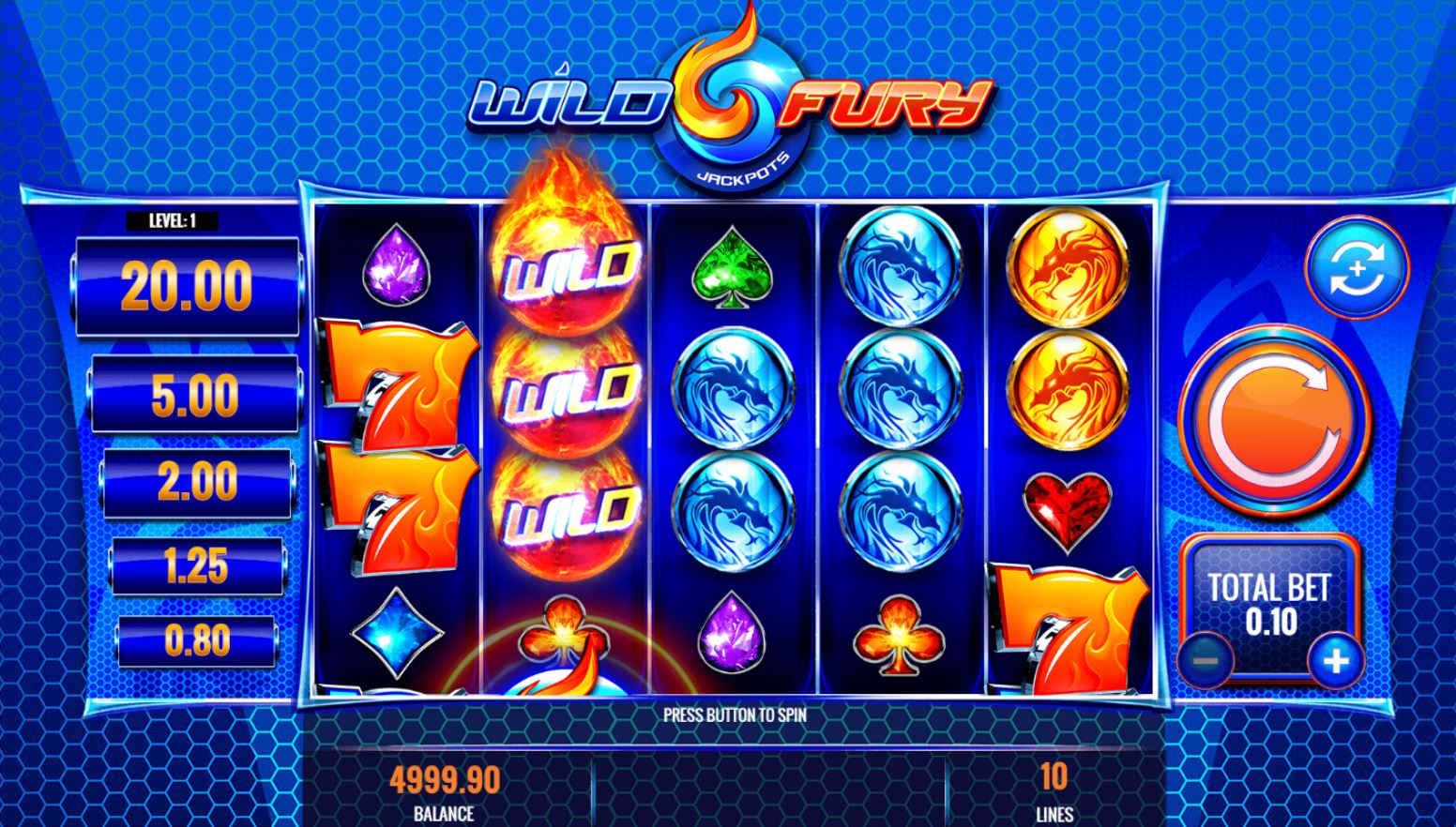
Recent Comments